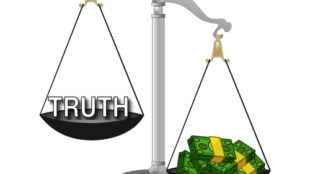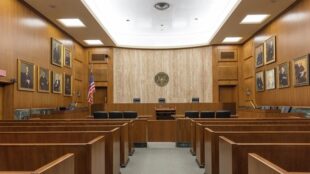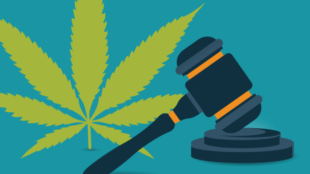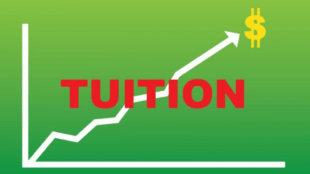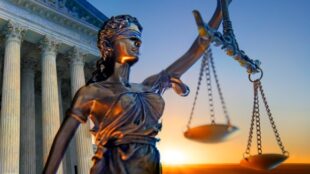Socioeconomic Status and its Implication on Criminal Justice: Bail Reform
(Source) In January 2020, New York began implementing legislation aimed at reforming bail practices for those awaiting trial. The reform was aimed at reducing jail populations and allowing individuals who cannot afford bail to await their trial date outside of jail. The initial iteration of the reform applied to almost all misdemeanor and nonviolent felony defendants (“exempt crimes”). Further, the reform required judges to consider each defendant’s “individual financial circumstances,” “ability to post bail without posing undue hardship,” and “ability to obtain a secured, unsecured, or partially secured bond.” Under this new requirement, courts essentially could not impose cash bails for many defendants. In the City of New York alone, nearly 84% of all defendants arraigned in 2019 would not have been subject to cash bail under the reform. The reform was immediately met with staunch opposition by both citizens of New York and Republican state officials . The backlash and criticism against the initial reform led to a fundamental overhaul and in early April 2020, the New York state legislature amended the reform. The amended reform added more crimes to the list of non-exempt crimes, thus allowing cash bails to be set for a larger range of crimes. The [read more]

